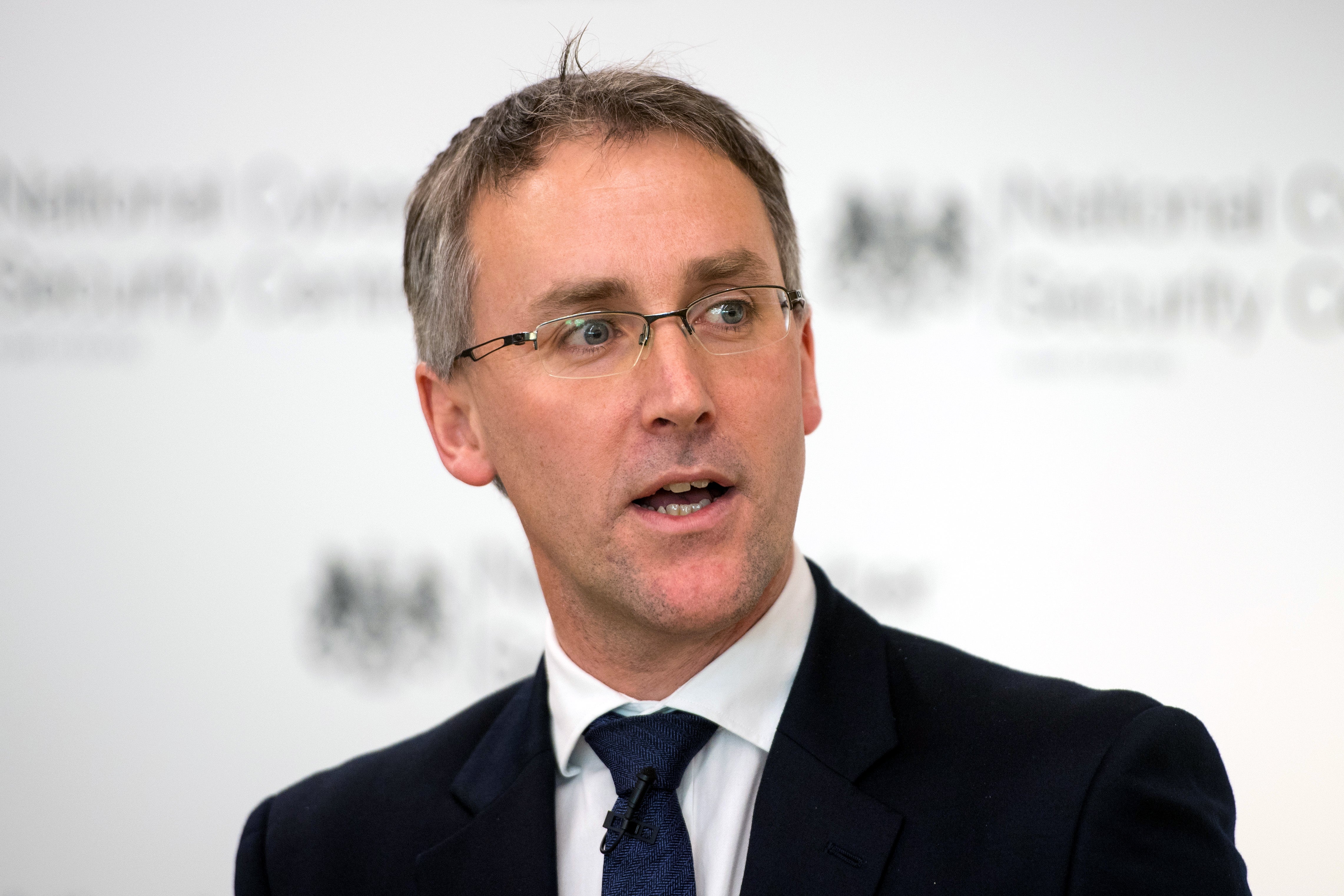Scottish government ‘unlikely’ to win legal challenge over second referendum
Professor Ciaran Martin said the debate to secure a second independence referendum was a ‘battleground’.

Your support helps us to tell the story
From reproductive rights to climate change to Big Tech, The Independent is on the ground when the story is developing. Whether it's investigating the financials of Elon Musk's pro-Trump PAC or producing our latest documentary, 'The A Word', which shines a light on the American women fighting for reproductive rights, we know how important it is to parse out the facts from the messaging.
At such a critical moment in US history, we need reporters on the ground. Your donation allows us to keep sending journalists to speak to both sides of the story.
The Independent is trusted by Americans across the entire political spectrum. And unlike many other quality news outlets, we choose not to lock Americans out of our reporting and analysis with paywalls. We believe quality journalism should be available to everyone, paid for by those who can afford it.
Your support makes all the difference.The former civil servant who negotiated the 2014 Scottish independence vote said the Scottish government would be unlikely to win a legal challenge against the UK Government in their bid for a second referendum.
Professor Ciaran Martin, who was constitution director at the Cabinet Office between 2011 and 2014, said no court could compel the United Kingdom to dissolve itself.
Speaking to BBC’s The Nine on Wednesday, he said: “Even if, and in my view, it’s unlikely, the Scottish government managed to win their court case. That’s not the end of the UK government’s options to block independence.”
This week, Nicola Sturgeon laid out plans for a renewed case for independence with the launch of a new series of papers.
The UK Government and the Unionist parties could say we're not going to take part. They could say we don't care what the result of this sham referendum is: we're not going to facilitate independence
But Boris Johnson said he would not grant the Section 30 Order required to hold a second vote on the issue.
Professor Martin said the current stalemate between the UK and Scottish Governments is “completely different” to the discussions had surrounding the independence referendum a decade ago.
He said: “The fundamental difference between now and a decade ago is then the UK government was willing not just to concede a referendum but more importantly to contemplate the break up of the UK should the referendum be won by the Yes side.
“We’re now in a completely different situation.”
There has been speculation that the Scottish government would pursue a second referendum without a Section 30 Order.
Professor Martin added: “Let’s say for example, there is no agreement and there won’t be on a so called Section 30 Order, which is the way it worked a decade ago, and the Scottish government proceeds with its own bill, two things can happen.
“One is the Supreme Court blocks it, in which case it is unlawful to have the referendum. The other thing is, and there’s a lot of speculation that this is the Scottish government’s plan, there is a slightly weaker form of words and it’s about consulting the people to give the Scottish government a mandate and that might get through, it might not.”
“The UK Government and the Unionist parties could say we’re not going to take part. They could say we don’t care what the result of this sham referendum is: we’re not going to facilitate independence.”